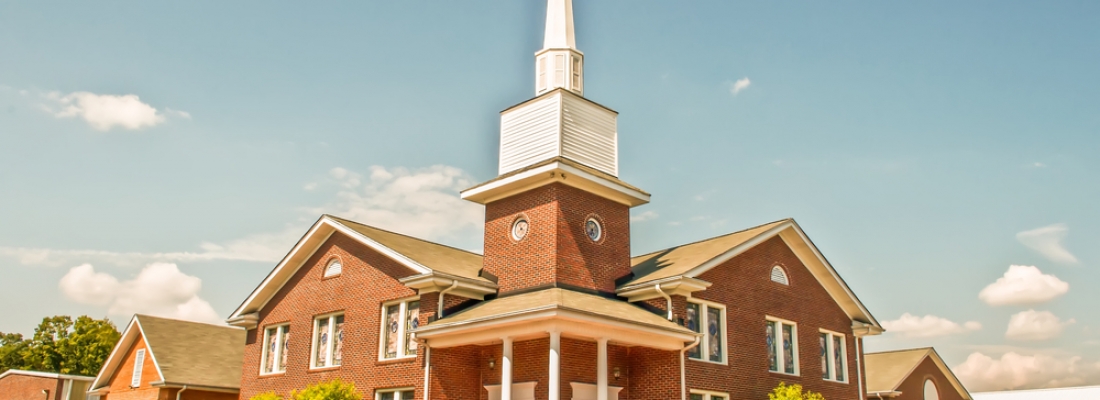As the continuing controversy surrounding the Catholic Church has shown, sex abuse is not simply a legal risk for churches. In addition to raising profound moral and ethical questions, it also can undermine a congregation’s faith in church leadership, damage recruitment, and tarnish a church’s ability to contribute to its community. Nevertheless, when charges of sexual abuse are brought against a church or a member of its staff, there are important legal considerations to bear in mind.
The risk of criminal prosecution
Sexual abuse in all its forms is a crime in California, punishable by anywhere from six months in jail (for misdemeanor sexual battery) to significantly longer terms for rape. California law adds additional criminal penalties if the victim was a minor (18 and younger) at the time the crime was committed. Churches should bear in mind that if facts show that church leaders knew about abuse and failed to stop it, they may have committed crimes as well. In some cases the church itself can be prosecuted.
The threat of criminal prosecution means that a church must consult with a criminal defense attorney as soon as possible after hearing about an abuse claim. The attorney will help the church take steps to mitigate the risk of prosecution. It may go without saying, but the most important step a church can take in this regard is to ensure that no one is “turning a blind eye” to abuse in the first place. But if the police begin a criminal investigation, the church should cooperate as much as possible.
Civil litigation is also a likely outcome
Even if prosecutors don’t pursue criminal charges in connection with abuse claims, the victim may pursue civil litigation to recover compensation for the suffering he or she has endured. The church itself is likely to be sued if the abuser was a member of its staff or one of its volunteers, or if the abuse occurred on church grounds or at a church-sponsored event.
In California survivors of sexual abuse ordinarily have eight years to bring a civil lawsuit against their attackers. If the victim was a minor at the time of the incident the eight-year period does not begin until the victim turns 18. California has adopted an extended statute of limitations for victims of childhood sexual assault who only later in life discover the harm they have suffered as a consequence of their abuse as a child. Such cases can be brought within three years of the harm’s discovery, for example by uncovering repressed memories through therapy.
There are two principle things the church stands to lose in litigation. The first, and perhaps more important, is the reputational harm that comes with having ugly details about the alleged abuse discussed in a public setting. The church might be able to avoid this through a confidential settlement process, but some plaintiffs may prefer to do things in the open. The second is the potential financial cost. Even a successful defense against civil litigation will be expensive, and if the church is held liable it may be responsible for paying a substantial sum to the victim as restitution.
Take steps to prevent abuse
Churches can take steps to prevent abuse problems within their organizations by taking some simple steps:
- Take complaints seriously. Not believing the victim is a classic mistake that leads many organizations into trouble.
- Adopt an anti-abuse policy that the congregation will see and discuss.
- Know if your staff or volunteers have a criminal background or are listed on the state’s sex offender list. People with these red flags may need to be monitored more carefully than others.
- Talk to a lawyer any time an allegation of abuse is raised.
The Church Law Center of California is here to help
The Church Law Center of California assists churches with organization, governance, and risk management. We can help your church craft policies so it is in a better position to address problems of abuse should they arise. And if someone accuses the church of abuse, we can help leadership make a plan for addressing the problem. To find out how we can help your church, call us today at (949) 892-1221 or reach out to us through our contact page.






